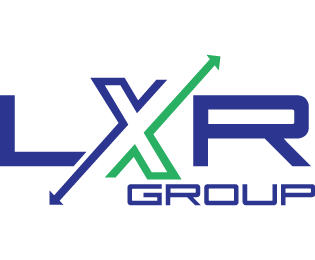This evening, the U.S. House considered a slate of financial services committee bills on an expedited basis, via the House Suspension Calendar. The legislation approved in the House today includes several bills that LXR Group has been monitoring closely.
This Client Advisory summarizes tonight’s House votes on H.R. 5914 and H.R. 935.
Summary: The bill would move the responsibility for administering the Senior Investor Protection Grant Program established by Sec. 989A of the Dodd-Frank Act out of the CFPB and into the SEC. The bill would establish an interdivisional task force within the SEC to review grant applications and oversee the administration of the program. The bill would authorize $10 million annually in appropriations for the program for the period of FY 2023-2028. The bill would provide that the entities that would be eligible to apply for grants under the program are state securities regulators and state insurance regulators, and cap the amount of grant funding that could be awarded to any single “eligible entity” at $500,000.
Vote outcome: The House voted 371-48 to approve the bill as reported.
Short Analysis: Since its approval by “voice vote ” in HFSC in November 2021, H.R. 5914 has seemed like one of the relatively few House FSC proposals that stands to potentially become law in 2022. The bill gained momentum in January, when Sen. Chris Van Hollen (D-MD) and a bipartisan gang of three other Senate Banking Committee members sponsored identical legislation in the Senate.
In the wake of Wednesday’s vote, we assess that H.R. 5914 is likely to remain in-the-mix of financial services bills that could plausibly pass in 2022. However, the decision by 48 Republican House members to vote against it will complicate its path. Whereas previously, depending on how hard one was willing to squint, it was possible to see a scenario under which this bill could pass the Senate under expedited rules, today’s vote makes that much less likely. Between now and the end of the year, the bill’s Senate sponsors – and outside backers – will need to lean in, hard, to find a path forward, perhaps as part of another, larger, legislative package.
We also note that passage of H.R. 5914 represents a major policy victory for state regulators – especially state securities regulators – who have been lobbying Congress to correct its errors in DFA 989A for nearly a decade.
Additional information and analysis related to H.R. 5914 and this evening’s vote is accessible HERE.
Summary: H.R. 935 would establish an exemption from registration requirements under federal securities laws for persons serving as brokers in certain merger and acquisition deals (“M&A brokers”).
Vote outcome: The House voted 412-0 to approve the bill as reported.
Short Analysis: Rep. Huizenga’s (R-Mich) overly complex and perennially misunderstood M&A broker bill is the closest it has been to passage since 2013. In the wake of tonight’s overwhelming House roll call, the onus is on Sen. John N. Kennedy to secure a Democratic partner for his effort to advance identical companion legislation in the Senate. In the wake of Wednesday’s vote, we assess that H.R. 935 is on a trajectory that might permit the Senate to approve it on an expedited basis before the end of the year. However, it has been poised to pass the Senate by unanimous consent at least once before, in 2014, only to be frustrated by late opposition by a subset of broker-dealers, and quiet but effective opposition from the Securities Industry and Financial Market Association (SIFMA).
In order for the Senate companion to seriously in the mix, S. 3391 needs to earn a Democratic sponsor. Even then, proponents of the bill have a bit more work to do in making the case for the legislation to progressive Democrats in the Senate, who may be skeptical of the need for the exemption, and the bills $250,000,000 revenue cap on the size of “small businesses” to which the exemption is applicable.
Additional information and analysis related to H.R. 935 and today’s vote is accessible HERE.


